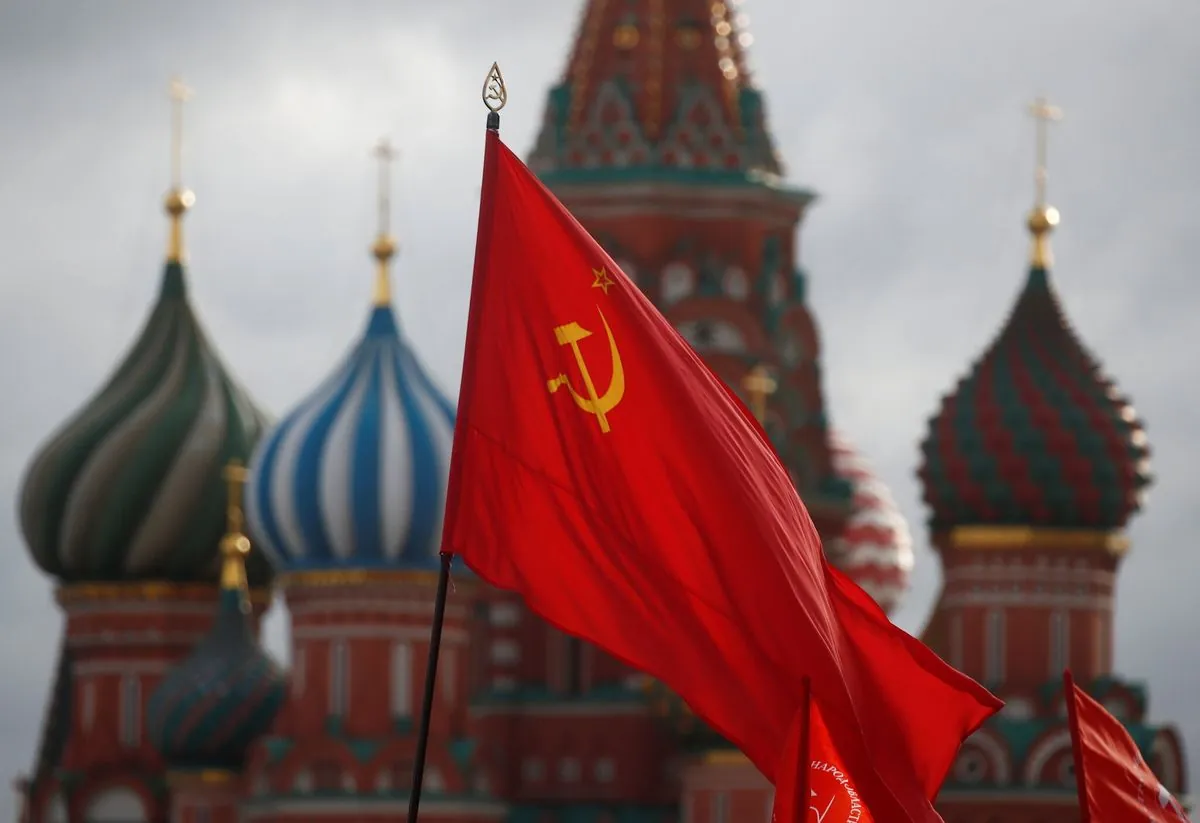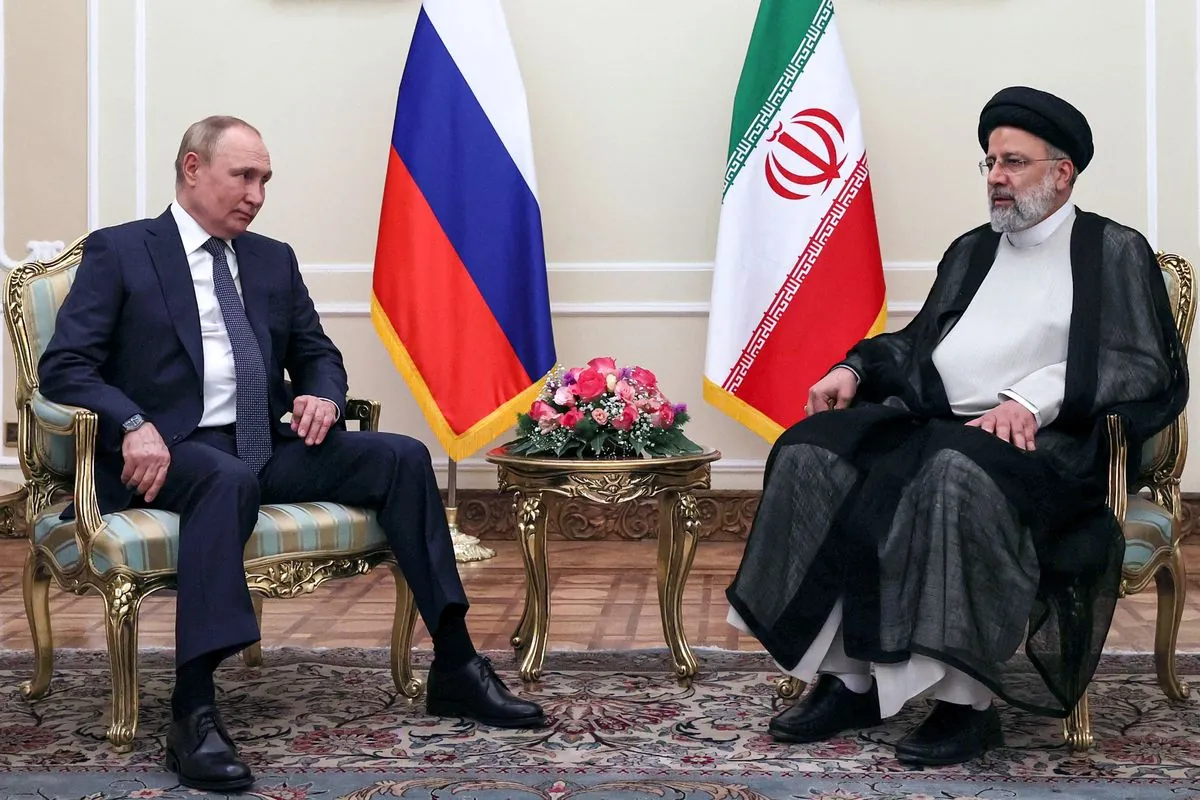Kremlin Urges Restraint Amid Escalating Middle East Tensions
Russia expresses concern over alarming developments in the Middle East, calling for restraint from all parties. The Kremlin condemns actions leading to civilian casualties as tensions rise.

In a statement issued on October 2, 2024, the Kremlin expressed deep concern over the escalating situation in the Middle East, urging all parties involved to exercise restraint. This call for calm comes amidst rising tensions in the region, with recent developments indicating a potential for further conflict.
Dmitry Peskov, the Press Secretary for the President of Russia since 2012, addressed reporters, emphasizing Moscow's stance on the unfolding events. "This situation is developing according to the most alarming scenario," Peskov stated, highlighting the gravity of the current circumstances.
The Kremlin's statement follows the Israeli military's announcement of intensified ground operations in southern Lebanon, aimed at increasing pressure on Hezbollah. This Lebanese Shiite Islamist political party and militant group has been a significant player in the region's complex geopolitical landscape since the 1980s.
Russia, a permanent member of the UN Security Council since 1945, has consistently played a mediating role in various international conflicts. In this instance, Moscow has maintained its diplomatic approach, confirming ongoing communication with all parties involved in the conflict. This strategy aligns with Russia's historical involvement in Middle Eastern politics, particularly its engagement in Syria.
The Kremlin's call for restraint echoes similar appeals often made by the United Nations in Middle Eastern conflicts. Such calls typically aim to prevent military escalation and protect civilian populations. It's worth noting that international law strictly prohibits the targeting of civilians in armed conflicts, a principle that Moscow emphasized in its statement.

Peskov reiterated Russia's condemnation of any actions resulting in civilian casualties. This stance reflects the broader international concern over the human cost of conflicts in the region. The Israeli-Palestinian conflict, which remains a central issue in the Middle East, has often highlighted the tragic impact of hostilities on civilian populations.
When questioned about Russia's potential response to a full-scale conflict between Iran and Israel, Peskov maintained a diplomatic tone. He emphasized Russia's ongoing contacts with all sides, reaffirming the call for restraint. This approach underscores Moscow's delicate balancing act in the region, where it has maintained diplomatic relations with both Israel and Iran.
The situation in the Middle East continues to evolve rapidly, with the potential for further escalation. As tensions rise, the international community watches closely, hoping for a de-escalation of hostilities and a return to diplomatic dialogue.
"We call for restraint by all sides against the backdrop of what is happening. And of course, we condemn any actions which lead to the deaths of civilians."
This unfolding crisis serves as a stark reminder of the complex web of alliances and conflicts that characterize the Middle East. As events continue to unfold, the role of international mediators, including Russia, may prove crucial in preventing further escalation and working towards a peaceful resolution.


































